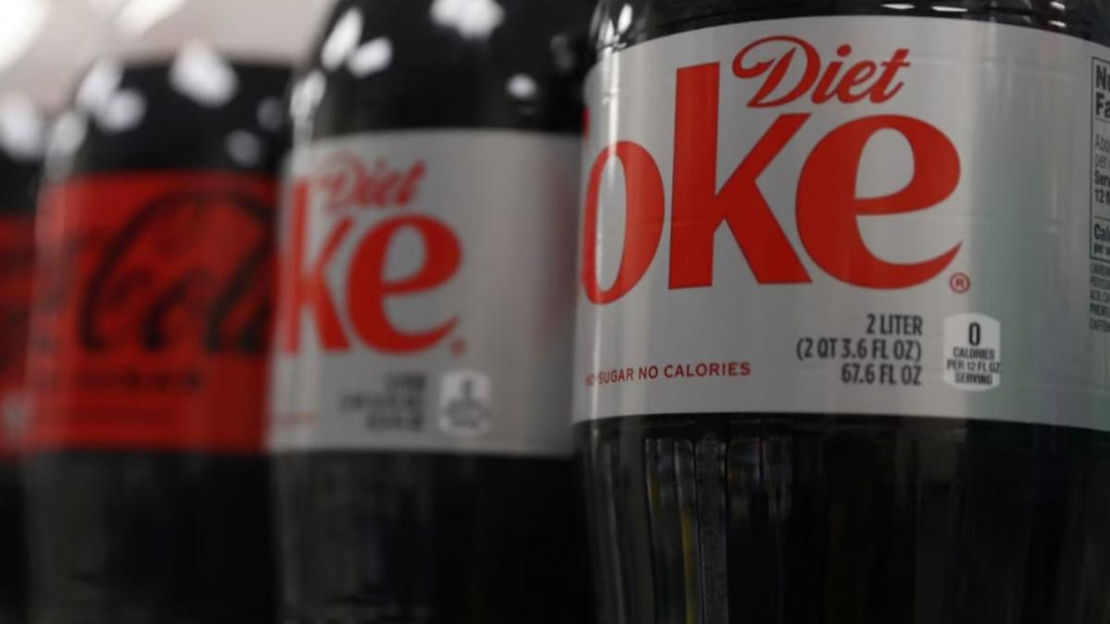By: Kyle Zhu
The sweetener aspartame, used in Coca-Cola Zero, Pepsi Max, Sprite Zero, 7up Free, and many other branded calories-free soft drinks is now being researched as one of the possible causes of liver cancer, one of many possible cancer-causing agents along with aloe vera extract, Asian pickled vegetables, and working as a carpenter.
Ever since aspartame has been approved by USFDA in 1974, it is one of the most widely used artificial sweeteners, not only in soda beverages but in desserts, gum, and medications, and sold on the tabletop as Equal, SugarTwin and NutraSweet. Around 200 times sweeter than sugar, it was said to be safe at a consumption rate of around 40mg of aspartame per kilogram, or as David Spiegelhalter, professor emeritus of statistics at Cambridge University puts it, “average people are safe to drink up to 14 cans of diet drinks a day.”
Although the World Health Organization’s cancer agency has found limited evidence of aspartame in relation to liver cancer, another agency assembled concluded after research that at acceptable intake rates there was no clear evidence that aspartame was harmful, and the guidelines regarding the suggested intake was unchanged.
On another note, WHO has made several studies that non-sugar sweeteners don’t help with weight loss but increase the risk to diabetes, high blood pressure, heart disease, and lower than average lifespan. One study identified by the FDA has confirmed that common aspartame side effects can include headache, dizziness, abdominal pain, memory loss, fatigue, sleep disturbances, irregular heart rate, among many others. Another study conducted in the 1980s found evidence linking this sweetener to an increased risk of developing brain tumors.
The TL; DR message? Cut off on excessive drinking of zero-sugar beverages, but the recommended daily intake won’t cause much harm either. “The dose makes the poison,” assures David Klurfeld, a nutrition expert at the Indiana University School of Public Health-Bloomington. Although it is recommended to drink just water or unsweetened beverages, aspartame or sugar every so often wouldn’t do much harm.
The research on aspartame has been going on for decades, yet no food companies change their recipe for zero-sugar beverages or foods. They say there is no reason to avoid it. “There is a broad consensus in the scientific and regulatory community that aspartame is safe,” the American Beverage Assn. said in a statement. “Aspartame is one of the most studied food additives in the human food supply. FDA scientists do not have safety concerns when aspartame is used under the approved conditions,”, says the FDA in a statement. However, this may just be another exploit on customer ignorance and a utilization of the growing trend in obesity prevention.











